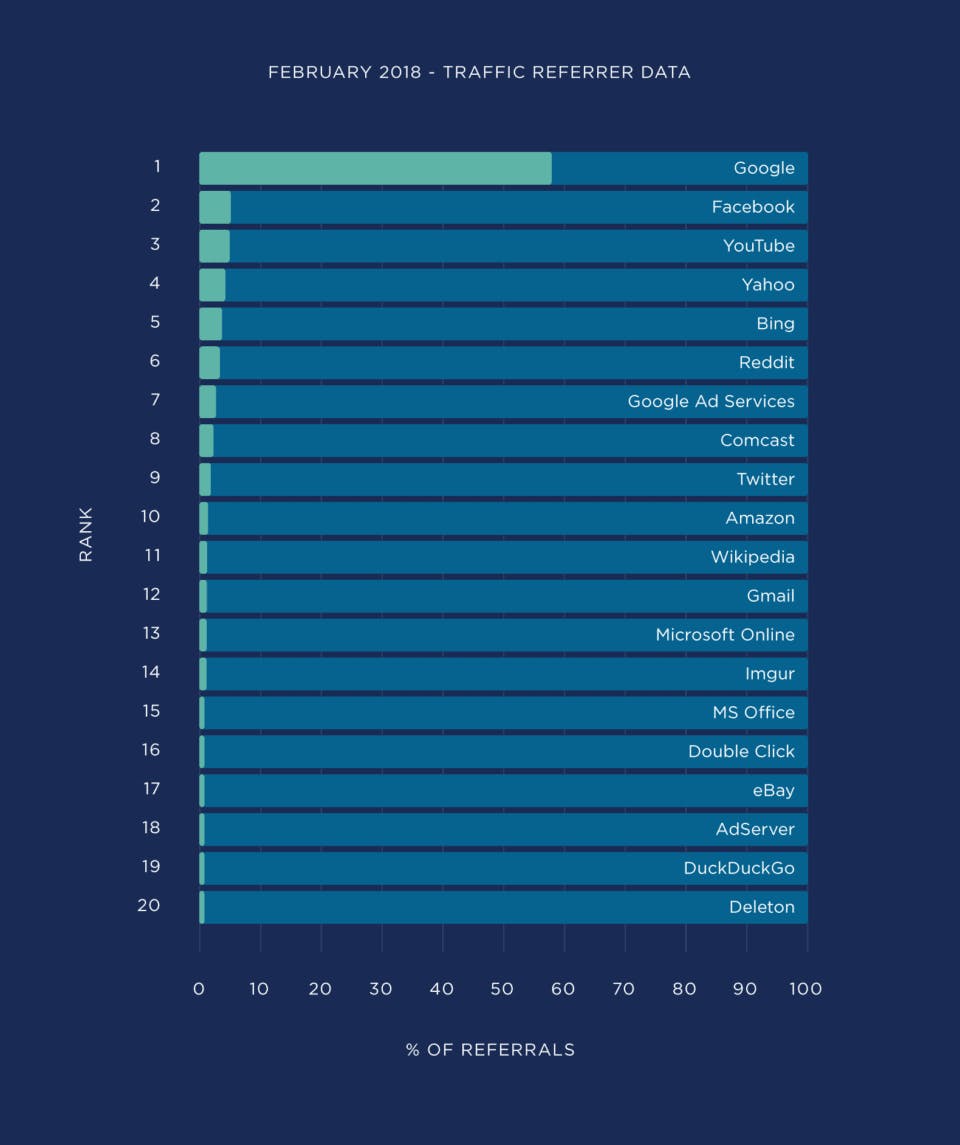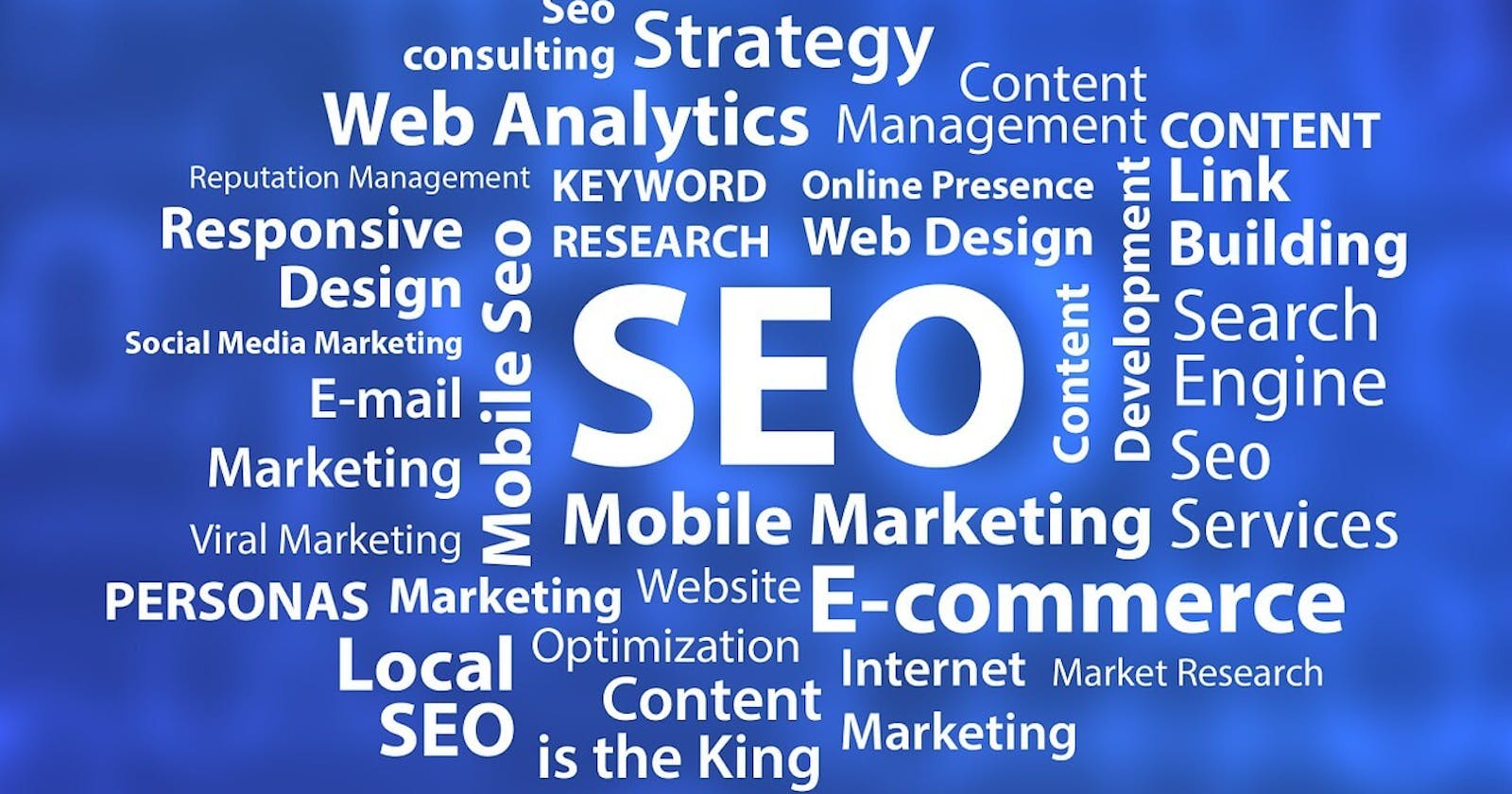In this article we will learn about why SEO & page speed is very needed for a website. The table of content are :
What is SEO?
How SEO works?
Why SEO is very much important?
What is page speed?
How to increase page speed.
What is SEO?
Search engine optimization (SEO) is the practice of getting targeted traffic to a website from a search engine’s organic rankings. In other word search engine optimization (SEO) is the art and science of getting pages to rank higher in search engines such as Google. Because search is one of the main ways in which people discover content online, ranking higher in search engines can lead to an increase in traffic to a website.
How SEO works?
Search engines such as Google use an algorithm or set of rules to determine what pages to show for any given query. These algorithms have evolved to be extremely complex, and take into account hundreds or even thousands of different ranking factors to determining the rankings of their SERPs. However, there are three core metrics that search engines evaluate to determine the quality of a site and how it should rank :
Links : Building links is one of the many tactics used in search engine optimization (SEO) because links are a signal to Google that your site is a quality resource worthy of citation. Therefore, sites with more backlinks tend to earn higher rankings.
Content : SEO also analyze the content of a web page to find out that its really relevant for any given search query. A large part of SEO is in creating content which is targeted towards the keywords that search engines users are searching for.
Structure : The third core component of SEO is page structure. Because web pages are written in HTML, how the HTML code is structured can effect a search engine’s ability to evaluate a page. Including relevant keywords in the title, URL, and headers of the page and making sure that a site is accurate and actions that site owners can take to improve the SEO of their site.
Why SEO is very much important?
In 2014, over 2.5 trillion searches were conducted worldwide across search engines such as Google, Bing, Yahoo, Baidu, and Yandex. For most websites, traffic that comes from search engines (known as “natural” or “organic” traffic) accounts for a large portion of their total traffic.
Search results are presented in an ordered list, and the higher up on that list a site can get, the more traffic the site will tend to receive. For example, for a typical search query, the number one result will receive 40-60% of the total traffic for that query, with the number two and three results receiving significantly less traffic. Only 2-3% of searchers click beyond the first page of search results. Thus, even a small improvement in search engine rankings can result in a website receiving more traffic and potentially business.

As you can see, nearly 60% of all traffic on the web starts with a Google search. And if you add together traffic from other popular search engines (like Bing, Yahoo, and YouTube), 70.6% of all traffic originates from a search engine.
What is page speed?
Page speed is often confused with “site speed,” which is actually the page speed for a sample of page views on a site. Page speed can be described in either “page load time” (the time it takes to fully display the content on a specific page) or “time to first byte” (how long it takes for your browser to receive the first byte of information from the webserver).
You can evaluate your page speed with Google’s PageSpeed Insights. PageSpeed Insights Speed Score incorporates data from CrUX (Chrome User Experience Report) and reports on two important speed metrics: First Contentful Paint (FCP) and DOMContentLoaded (DCL).
How to increase page speed?
Minify CSS, JavaScript, and HTML.
Reduce redirects.
Remove render-blocking JavaScript.
Leverage browser caching.
Improve server response time.
Use a content distribution network.
Optimize images.
